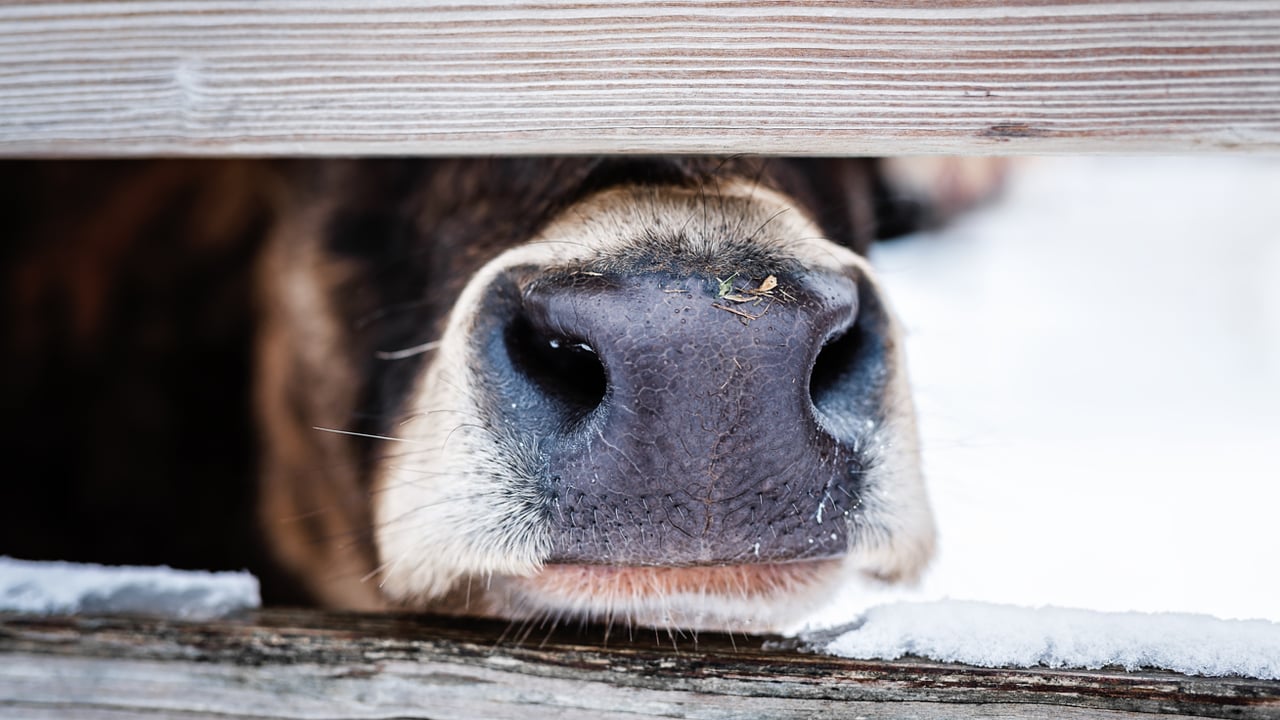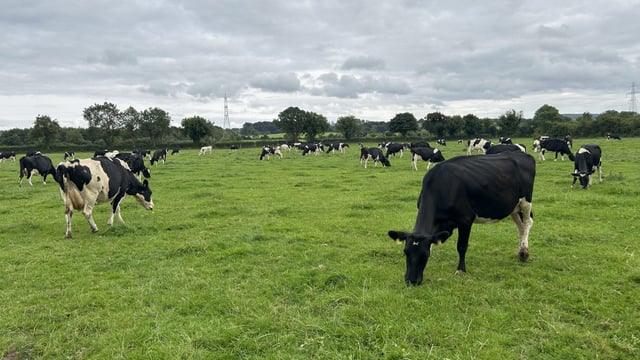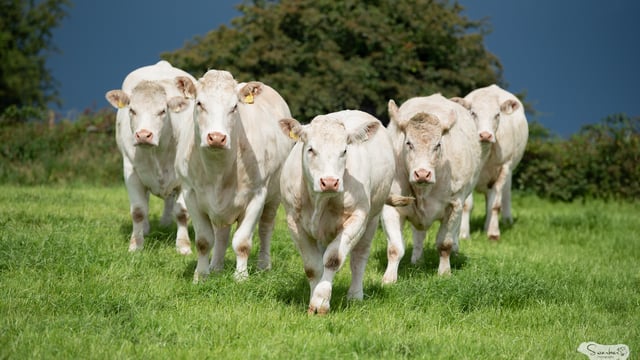FAO calls for action amid foot-and-mouth disease outbreaks
Enhanced awareness and action is needed due to foot-and-mouth disease (FMD) outbreaks in Europe, the United Nations Food and Agriculture Organisation (FAO) has said.
The FAO warned that "Europe is facing its worst outbreak of foot-and-mouth since the start of the century".
Germany confirmed its first FMD case in nearly 40 years on January 10, 2025, involving water buffalo in the state of Brandenburg.
Last month, the World Organization for Animal Health (WOAH) certified Germany as free of foot-and-mouth disease.Hungary reported its first FMD outbreak in many decades on March 6, 2025, at a dairy farm in the north of the country, close to the Slovakian border.
Slovakia has also confirmed FMD outbreaks, with the first case reported on March 20, 2025.
FMD is a highly contagious viral disease affecting cloven-hoofed animals, including cattle, pigs, sheep, goats, and various wild species.
It is typically characterised by fever and blisters in the mouth and on the feet accompanied by lameness.
Although few adult animals succumb to disease, young animals may die from sudden heart failure.
The virus spreads rapidly and can affect large numbers of animals, especially in countries or regions that are usually free of the disease or do not regularly use vaccination.
Although FMD is endemic in the Near East, there has been a recent upsurge in outbreaks caused by an exotic serotype, which the FAO said was likely introduced from East Africa.
So far, cases have been reported by Bahrain, Iraq and Kuwait, though other countries in the Near East and West Eurasia regions are at a high risk of being affected.
“FAO is recommending urgent biosecurity measures and enhanced surveillance following the recent detection of FMD serotype SAT1 in Iraq and Bahrain.
"This serotype is exotic to the Near East and West Eurasia regions, raising serious concerns about the potential spread of the virus,” FAO said.
While not a public health threat, FMD severely impacts animal health and welfare, food security and livelihoods by reducing livestock productivity, including through lower milk and meat yields.
The UK government has banned the import of meat or dairy products from European countries where the virus has been detected, as well as Austria due to an outbreak in neighbouring Hungary.
The FAO said the recent outbreaks of FMD in Europe and the introduction of an exotic virus strain into the Near East underscore the urgent need for early detection and enhanced biosecurity measures to minimise the impacts of the disease.
FAO has urged all countries to maintain vigilance to the ongoing threat and issued the following advice for affected countries:
- Awareness campaigns: Advise farmers and communities of the increased threat of FMD and the measures they can take to protect their livestock;
- Biosecurity: This is the primary means of preventing and controlling FMD. This can be achieved by: separating sick animals from other livestock; avoiding the introduction of animals from unknown sources; avoiding mixing different livestock consignments during transport and at markets; thoroughly cleaning and emptying markets, vehicles, and transport hubs between sales, with rest days; preventing people, vehicles and other materials that are potentially contaminated with the virus from moving farm-to-farm;
- Vaccination: In combination with rigorous surveillance and biosecurity measures, vaccination can be a highly effective tool for controlling FMD. However, it is crucial that vaccines are well-matched to the field strains, and they should be administered according to the manufacturer’s specifications;
- Contingency planning: Verify that an FMD contingency plan exists, with standard operating procedures (SOPs) for surveillance, outbreak investigation and vaccination.
The FAO said that by implementing these measures, countries can significantly reduce the risk of FMD outbreaks and protect their livestock industries.
The UN agency added that it is providing crucial emergency response support, including technical assistance and resource mobilization for affected countries.
FAO and the European Commission for the Control of Foot-and-Mouth Disease (EuFMD) also offer country-specific support including training programmes and vaccine procurement and distribution.





